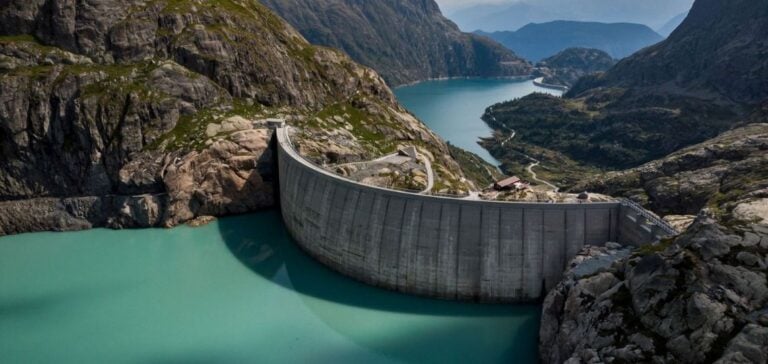The French Minister for Energy Transition, Agnès Pannier-Runacher, reiterates the French government’s commitment to stimulating investment in hydroelectric dams. This statement comes against a backdrop of tension with Brussels over compliance with competition rules. France, represented by Bruno Le Maire and other key players, is engaged in complex discussions with the European Commission, while launching the first investments authorized by the Renewable Energies Acceleration Act.
EDF and Hydroelectric Potential
EDF underlines the untapped potential of hydropower in France. Dams, the country’s main source of renewable energy, contribute 11% of electricity production, with a capacity of 26 GW. This potential is highlighted at a time when France is seeking to diversify its energy sources, gradually moving away from nuclear power.
Conflict with European legislation
The disagreement with Brussels dates back to the 2000s, and centers on the management of hydroelectric concessions. The European Commission criticizes France for non-compliance with tender procedures in the renewal of concessions. This dispute has led to a freeze on investment in concessions that have expired.
The French Trading Strategy
France is proposing an authorization model for more flexible dam management. This system is designed to maintain national control over hydroelectric resources and avoid competition. Ms Pannier-Runacher emphasizes the importance of this approach to French energy sovereignty.
Focus on pumped storage power stations
Among the priority projects, pumped storage power stations (Step) are highlighted. Acting as large batteries, they play a crucial role in managing peaks in electricity consumption and production. France plans to increase its Step capacity by 1,500 MW by 2035.
Investment in hydropower represents a strategic challenge for France, both for its energy transition and for its position on the European stage. The resolution of this regulatory tug-of-war will determine the future of French hydropower, an essential pillar of its energy mix.






















